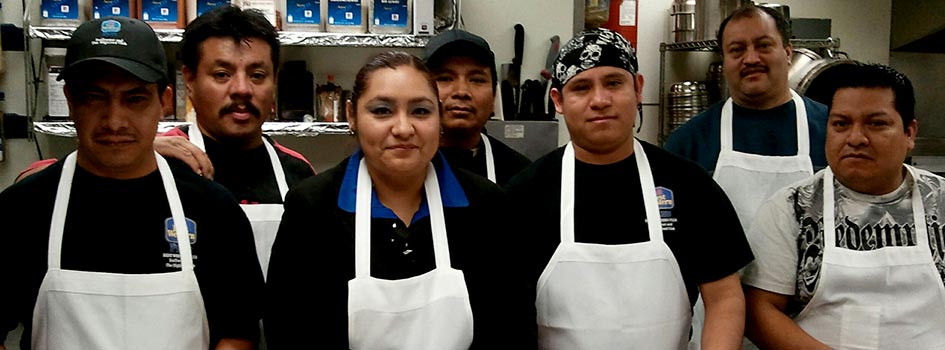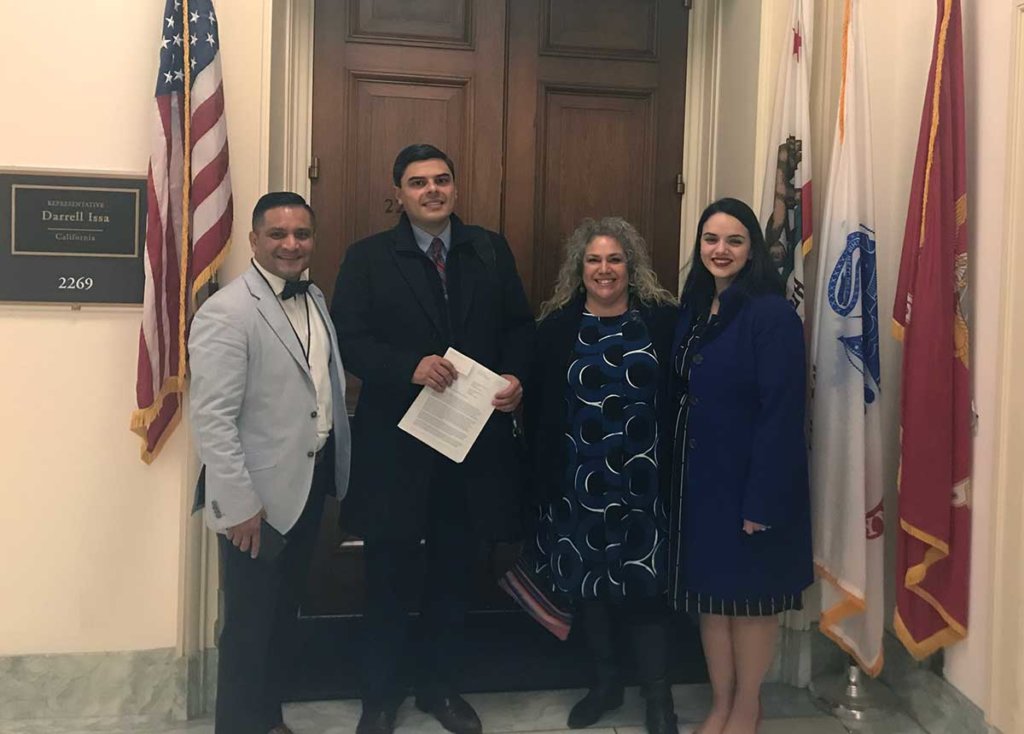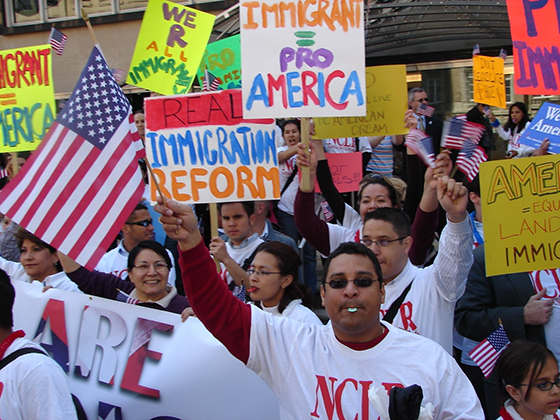Workers Deserve Better: It’s Time for a Fair Workweek for All
By Ricky Garza, Communications Coordinator, NCLR
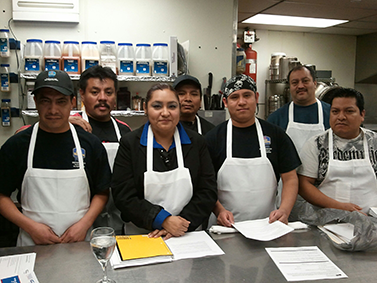 Latino workers are overrepresented in low-wage jobs, which can often create more problems beyond a smaller paycheck.
Latino workers are overrepresented in low-wage jobs, which can often create more problems beyond a smaller paycheck.
Training the spotlight on this issue, a recent New York Times Magazine piece profiles Jannette Navarro, a young Latina mom working as a Starbucks barista. Juggling her responsibilities as a mother, a college student, and a highly competent employee become nearly impossible due to her unpredictable work schedule; automated scheduling software creates her schedule only days in advance.
In the profile, Ms. Navarro’s situation slowly deteriorates as she struggles to make a living commuting three hours, arranging sporadic child care for her son, and working exhausting “clopening” shifts, which couple back-to-back late-night closing and predawn opening shifts.
From the New York Times Magazine piece:
Months after starting the job she moved out of her aunt’s home, in part because of mounting friction over the erratic schedule, which the aunt felt was also holding her family captive. Ms. Navarro’s degree was on indefinite pause because her shifting hours left her unable to commit to classes. She needed to work all she could, sometimes counting on dimes from the tip jar to make the bus fare home. If she dared ask for more stable hours, she feared, she would get fewer work hours over all.
Navarro often ended her shifts at 11 p.m. and was assigned to open the store hours later at 4 a.m. the next morning. Though she requested it, management never allowed her to work a full 40-hour workweek.
By knowing someone personally who held this job, I realized this is part of the irony of being an involuntary “part-time” barista: taking a second job is impossible without knowing your free hours, and a full workweek is also out of the question because the store hires too many workers in the same situation competing for hours and shifts.
The company swiftly responded to the magazine’s profile, vowing on Thursday to reform their scheduling policies for all 130,000 Starbucks baristas. Starbucks says they will ban clopening shifts, require baristas to receive their schedules at least one week in advance, and work to relocate workers with long commutes to closer stores. If properly implemented, these reforms could go a long way in making workloads more manageable for Starbucks workers.
While this is welcome news for low-wage Starbucks employees, there are millions of struggling workers who will not be affected by the change. Currently, 43 percent of all Latino workers earn poverty wages, and many are stuck with the same types of jobs offering irregular schedules that wreak havoc on workers’ lives. The instability harms not only their livelihoods, but those of the people around them, preventing them from securing doctor’s appointments, child care, time with family, or even arranging a short, well-earned vacation.
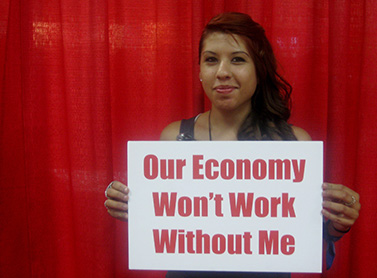 Though steps taken to improve working conditions by individual companies like Starbucks will improve the lives of low-wage workers, employees cannot afford to rely on the benevolence of corporate actors alone. That’s why members of the House of Representatives have introduced the “Schedules That Work Act,” which would encourage employers to grant hourly workers stable schedules when they request them. The bill would require employers to approve schedule changes to accommodate care-giving, health care, educational, and other employment responsibilities, and contains measures that would discourage employers from abruptly sending wage workers home in the middle of a shift without full pay.
Though steps taken to improve working conditions by individual companies like Starbucks will improve the lives of low-wage workers, employees cannot afford to rely on the benevolence of corporate actors alone. That’s why members of the House of Representatives have introduced the “Schedules That Work Act,” which would encourage employers to grant hourly workers stable schedules when they request them. The bill would require employers to approve schedule changes to accommodate care-giving, health care, educational, and other employment responsibilities, and contains measures that would discourage employers from abruptly sending wage workers home in the middle of a shift without full pay.
Today, “just-in-time” scheduling is a systematic challenge for workers in the retail and food service industries. It deserves a legislative and permanent solution. It’s time to ensure a fair workweek for all so all workers are able to hold good jobs with dignity.
